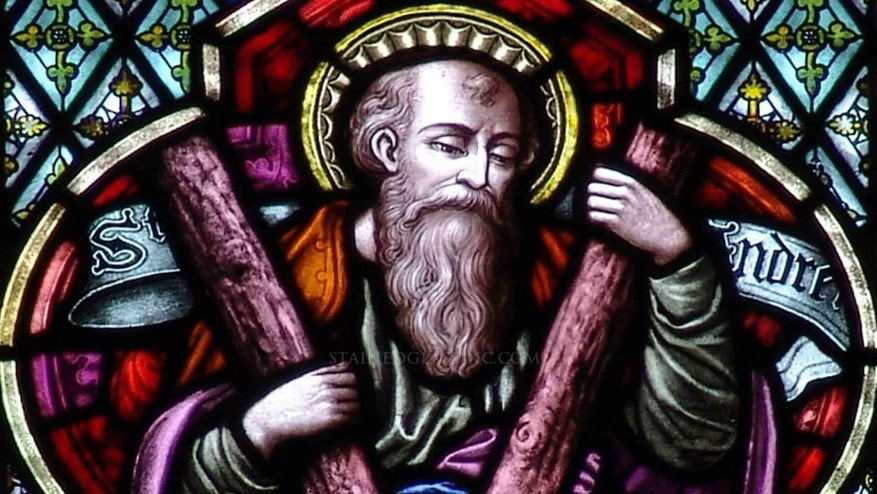|
Mr Kenneth Robbins left a comment not long ago which set us to thinking. Here is the relevant part of it:
These words brought to mind some questions – How have other Christian countries in the past regained their freedom from invaders and conquerors? Are there any constants from their experiences that the South can implement in our own efforts to throw off the Yankee yoke? Let’s look at the history of a couple of countries for answers. The Greek War for Independence – 1821We begin in a land much loved by Southrons, the land of Greece. From the fall of Constantinople in 1453 to the 19th century, the Muslim Turks treated the conquered Christian Greeks atrociously. But in 1821, the Lord had mercy on the Greeks, and they began their war of liberation (an event Thomas Jefferson knew about and thought highly of). The day it began has special significance:
The Greeks’ battle for freedom, then, includes the elements of seeking the blessing and protection of the Mother of God and marching under the protection of the Holy Cross. Let us turn now to a second country. The End of Russia’s Time of Troubles – 1612
The same elements are found here as in Greece’s war of liberation: the intercession of holy men and women and the presence of holy objects. The pattern is found again earlier in Russia’s history in her battle against the Mongol Tatars
The path ahead for the South is therefore quite clear – We need to unite around two things: patron saints who will intercede for us in our own battle for independence from Yankees, globalists, LGBT tyrants, etc., and holy objects through which God’s Grace will also act to help us achieve that goal. Two main patrons stand out from the other possibilities: St. Alfred the Great of England (+899), from whose kingdom of Wessex the South received the foundation of her culture in Virginia, and the Holy Apostle Andrew the First-Called, the Patron Saint of Scotland, whose X-shaped cross is the chief feature of our battle flag, the most recognizable symbol of our people. If faithful Southrons can do nothing else together, we need to at least honor these two holy men on their main feast days as one people. On the 26th of October, let us say as much as we can of the service to St Alfred. On the 30th of November, let us do the same for the Holy Apostle Andrew. Likewise, let us not fail to have in our homes an icon of St Alfred and an image or a flag bearing our dear Southern Cross of St Andrew. These means may seem unconventional, but history tells us again and again that they are essential. This is because a Christian’s war for freedom is primarily fought on a spiritual level, with spiritual ends in mind, though it also has material aspects to it. Blessed Photios Kontoglou explains, in the context of the Greek war:
If we in the South will begin to walk together in unison in these small ways, the Lord will help us, perhaps slowly, perhaps quickly – that is in His hands – raising up leaders like St Demetrios of the Don and St Hermogenes and the many noble Greek clergy who led uprisings and who died as martyrs for the cause of Greece’s freedom; scattering our enemies; securing our fatherland; blessing our churches, families, farms, and cities. Only let us repent, as Mr. Robbins said above, while we have the time.
I hope to be with you all in spirit on 26 October and 30 November!
9 Comments
|
AuthorWalt Garlington is a chemical engineer turned writer (and, when able, a planter). He makes his home in Louisiana and is editor of the 'Confiteri: A Southern Perspective' web site. Archives
July 2024
|

